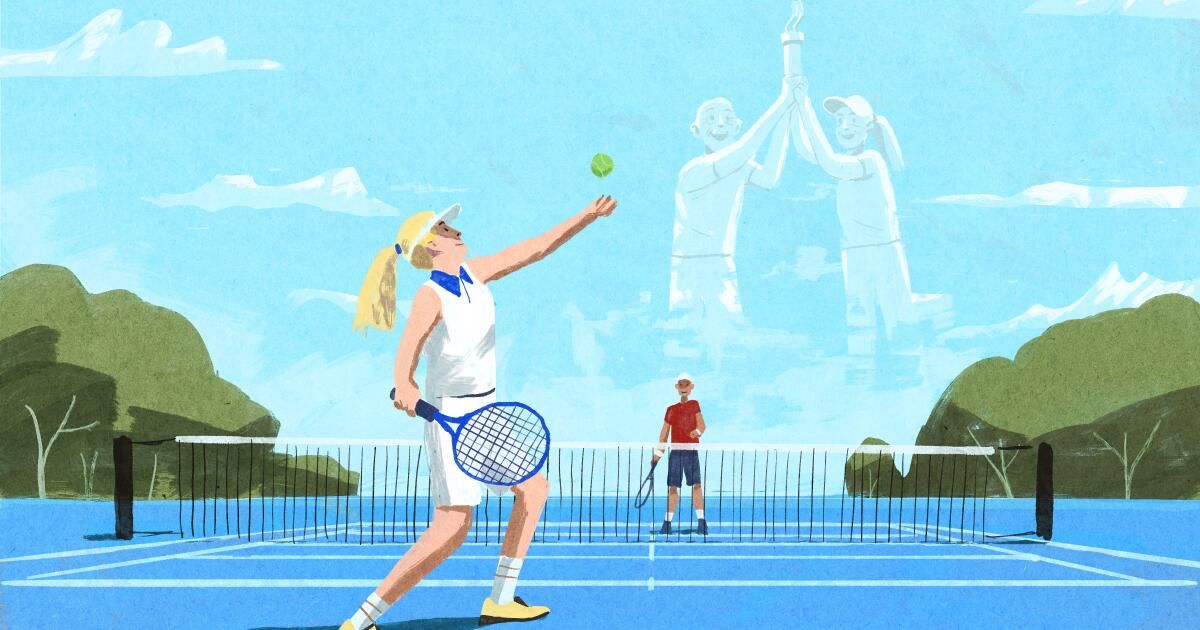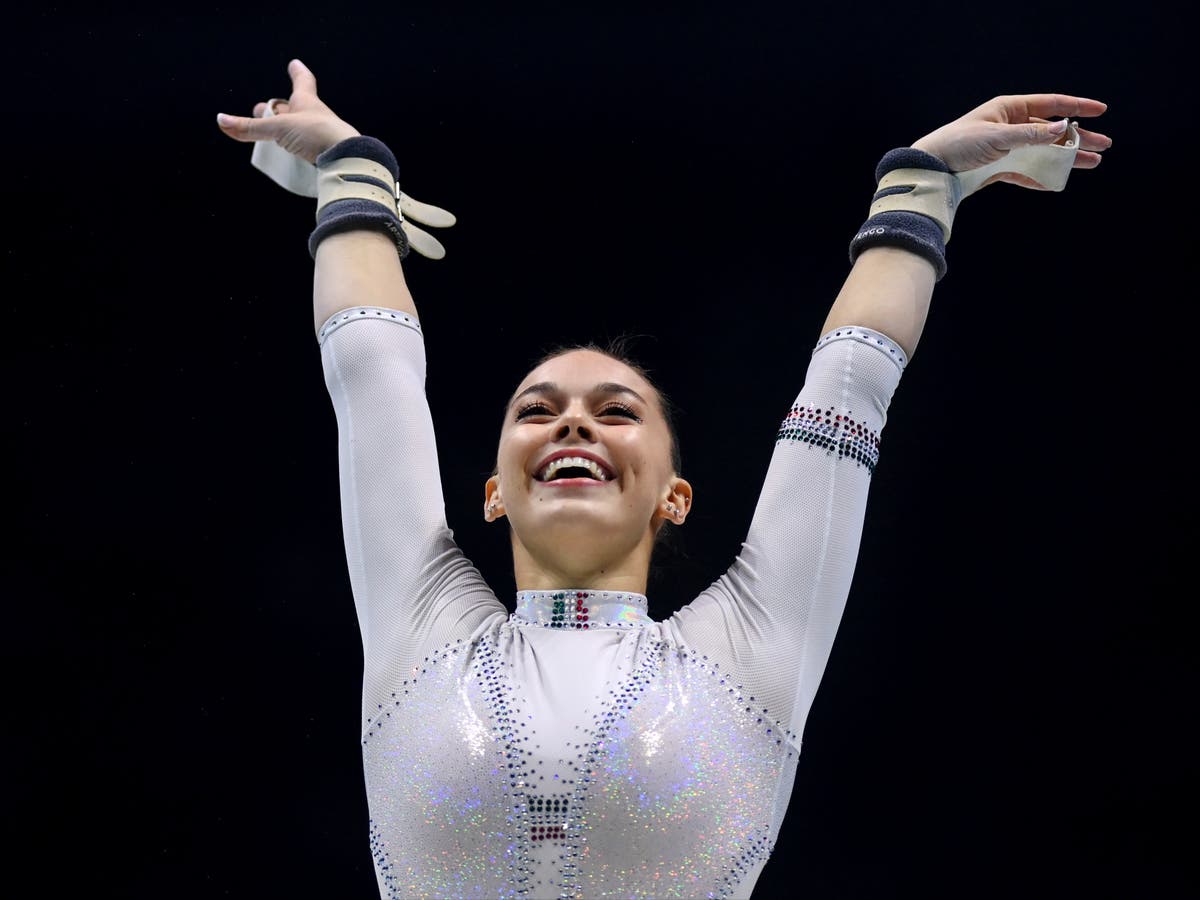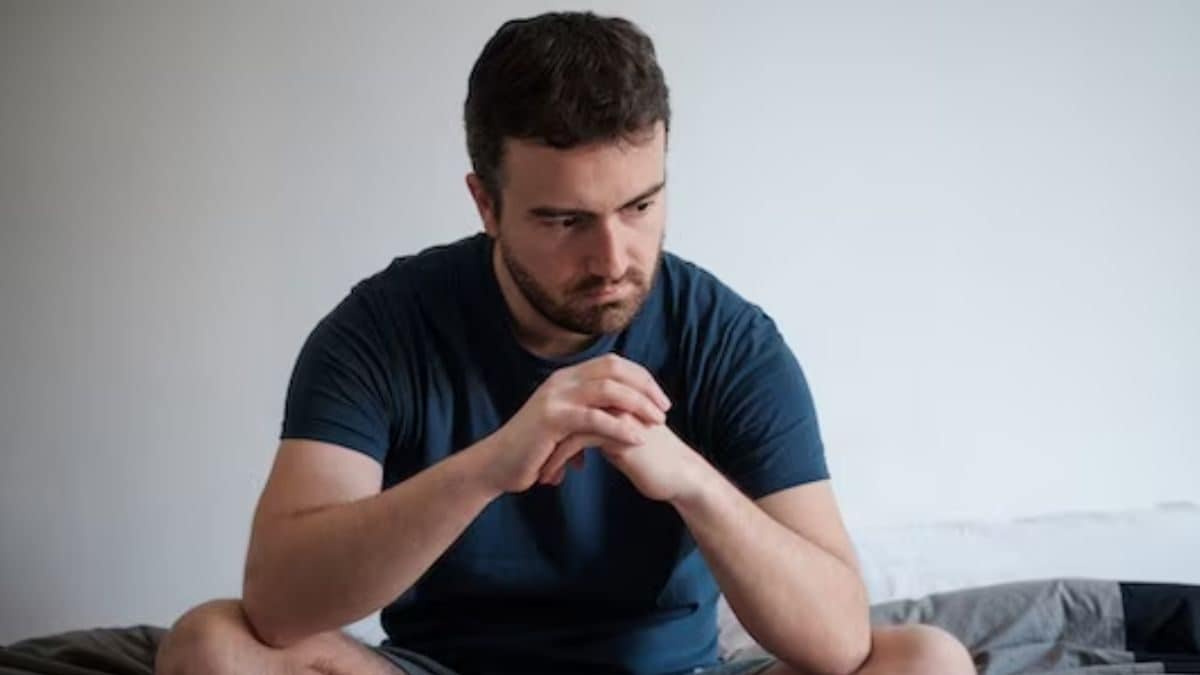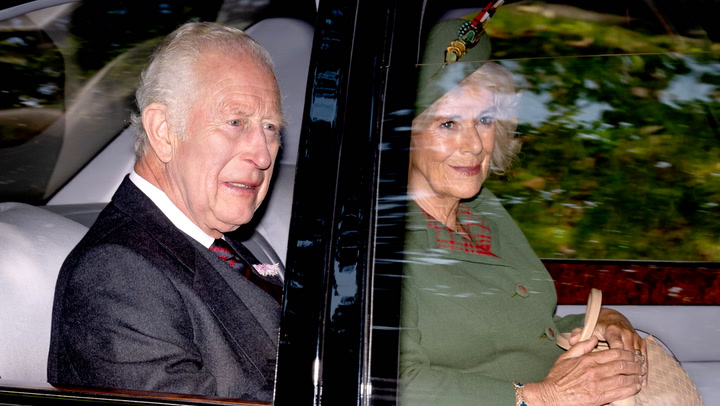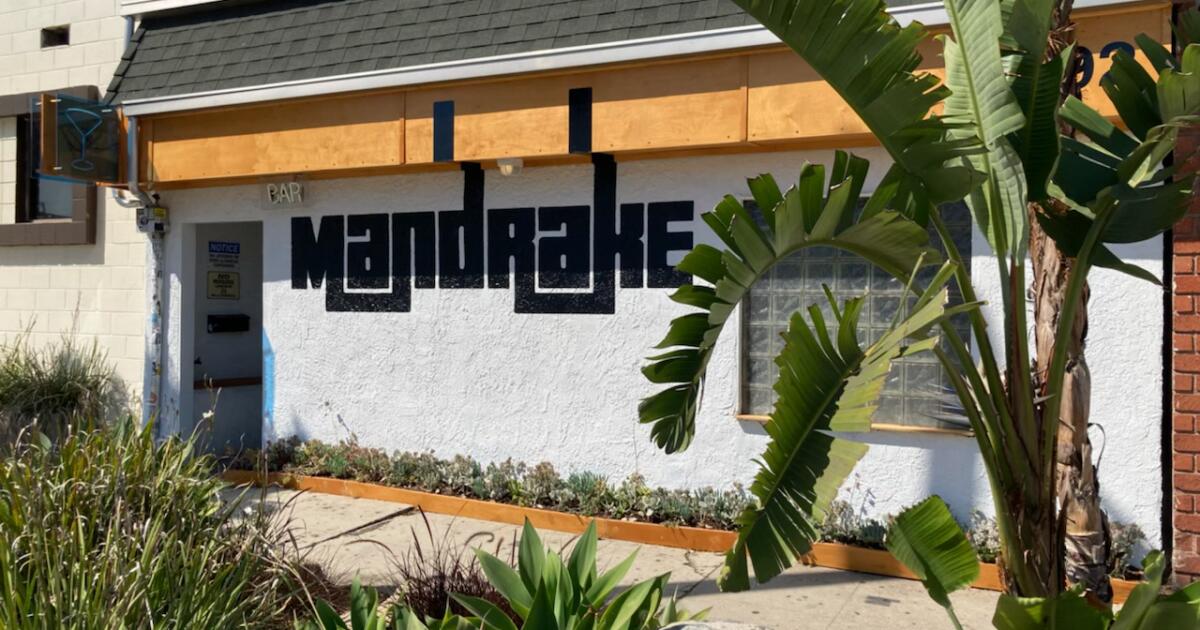The sun has just set over the hills of Palos Verdes and the lights on the tennis court come to life. I'm enjoying time with my husband, Steve, standing between clean lines on the deep blue courts made bluer by the artificial glow. It feels familiar and self-contained, just the two of us in our own little rectangle-shaped world. I almost think everything is going to be okay, despite the call we just received.
I watch Steve throw the ball over his head in a straight line, adopting “the trophy pose,” the one you see on all the trophies, with one arm pointing to the sky and the other holding the racket tilted back. And with the grace of a dancer and the strength of a quarterback, he throws his racket over his head to connect with the ball on a perfect serve.
“It's that simple,” he says, smiling. “Did you see how my racket scratched my back?”
I'm a little breathless watching, and not just because the temperature has dropped. I wish it could serve “just like that.” But most of all I admire my wonderful husband.
“Yes, just like that. “You make it look so easy,” I joke.
I have learned that the serve is the most important shot in tennis because it is the only one that is controlled. Everything else is just a reaction. It's hard to perfect and, even though I'm new to tennis, I'm afraid I'll never get it.
“Remember, if the pitch isn't good, don't even try to hit it,” he says. Which is also good dating advice, now that I think about it. Steve's and my online profiles couldn't have been more different. I was recovering from an excruciating divorce, but I signed up on the advice of my writer friends (“It's great character material!”). My profile was just a photo of my eyes and a passage from a novel, something about how a couple reads their books: one makes dog ears and underlines; the other keeps his reading material impeccable. Steve posted a simple photo with a full description of who he was and who he wanted to meet. Luckily for me, he likes literature.
We got married 10 years later during the COVID pandemic on Catalina Island. We kayaked to our beach “spot” with our laptop, rings, and champagne rolled up in waterproof bags. We traded life jackets and swimsuits for wedding suits behind a rock and logged on to a shaky mobile service so family and friends could participate. Then we paddled back, racing to return the kayaks before sunset. That's life with Steve. There is no such thing as “I can't”. If I dream it, he achieves it down to the last detail.
From sneakers to home repair, I'm tempted to call in an expert, but Steve's credo is: if another human being can do it, so can I. From the phone call we had just had, I was realizing that this difference between us was about to be tested. Having opposing dating profiles or reading styles is very different from contradictory stances on life-saving medical treatments. Steve's PSA came out of the normal range during a routine lab test and his urologist recommended an MRI. Steve didn't wait for the follow-up to learn his fate. He disappeared into his office, searching on Google and flipping through the latest medical journals.
He even spent time learning to read his own MRI the same way he learned to play tennis: YouTube.
“Let's watch your throw,” Steve says, as another of my serves crashes into the net. It's getting colder and darker. “Try to start with both arms straight,” he says. “Ajla Tomljanović does that.”
I doubt I can do anything like the “Break Point” star, but I try. I want to get this service fast. Patience is not one of my virtues. Furthermore, we have to return home and, according to the urologist, start treatment.
My gut tells me to trust doctors to know more than I do. If they say biopsy, I ask when. Steve refused the standard biopsy and opted for his own plan, so he will need a bypass, which will take time. Maybe too long. The MRI indicated a large tumor that has spread outside of the prostate. Yet here we are on a tennis court, worrying about whether a little furry ball will land in a painted box.
I watch Steve fish in the ball basket. “Look at my arm while I throw,” he says. I can't, because my eyes are watery. The idea of living without this man is unimaginable. Prostate cancer is not a death sentence today, but it is not something to be postponed either. As I watch him adopt the trophy pose again, I shake my head to chase away thoughts that his athletic body is deteriorating before my eyes. I know that the side effects of hormone treatment, horribly called “chemical castration,” can be permanent.
It makes me want to freeze this moment. During the call with the doctor, Steve used the pronoun “we” a lot, as in “We have prostate cancer” and “We want an MRI-guided biopsy.” His eyes met mine more than once, assuring me that we are still a team, just as we are on complex video shoots for our business, raising a blended family, and bathing our 120-pound dog.
All these years later, the books on my nightstand are highlighted, annotated, and with bent corners. Steve's bookmarks primarily point to YouTube channels. But we are both consulting experts in our own way.
He misreads my face and says, “Try to remember that tennis is a game! “Just relax and don’t think.”
How can I explain to this star athlete that for me the game was never about competition or skill? It was always about imagination. That's my superpower. I realize that if I continue to use it to imagine the worst, the difficult times ahead will be much more difficult. Instead, as the courts around us darken one by one, I take his hand and conjure up an image of the two of us, decades from now, standing on another blue tennis court in some exotic location, raising a gigantic United States Tennis Association Joined. . Senior mixed doubles trophy, together.
The author earned an MFA from Antioch University in Los Angeles and her work has been published in Kelp Journal, Proud to Be, Inman News, and others. She is writing a hybrid memoir with her husband about her cancer journey. Find it in brennahumphreys.com and on Instagram: @brennahums.
Los Angeles Affairs chronicles the search for romantic love in all its glorious expressions in the Los Angeles area, and we want to hear your true story. We paid $400 for a published essay. Email [email protected]. You can find shipping guidelines. here. You can find previous columns. here.

